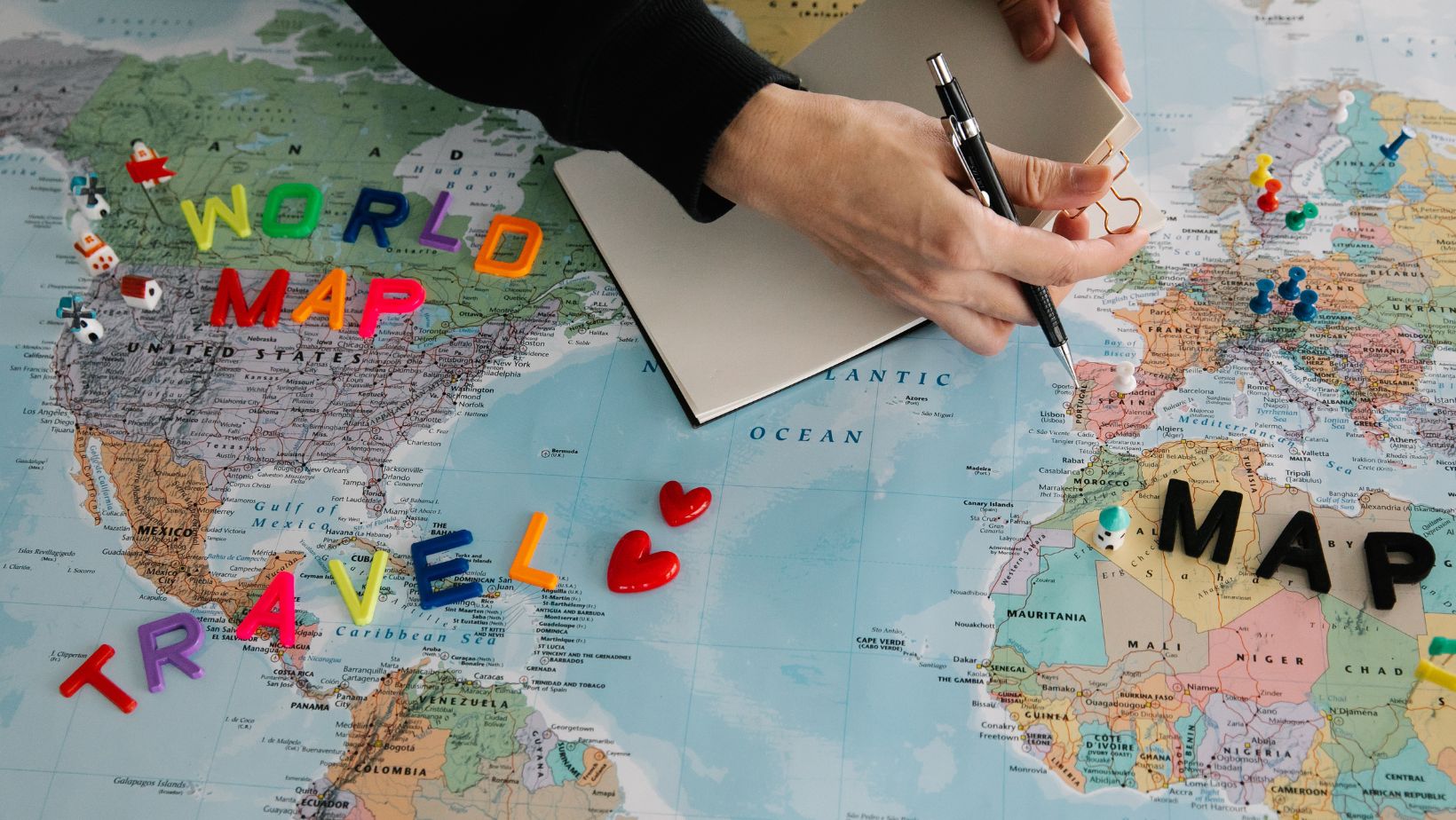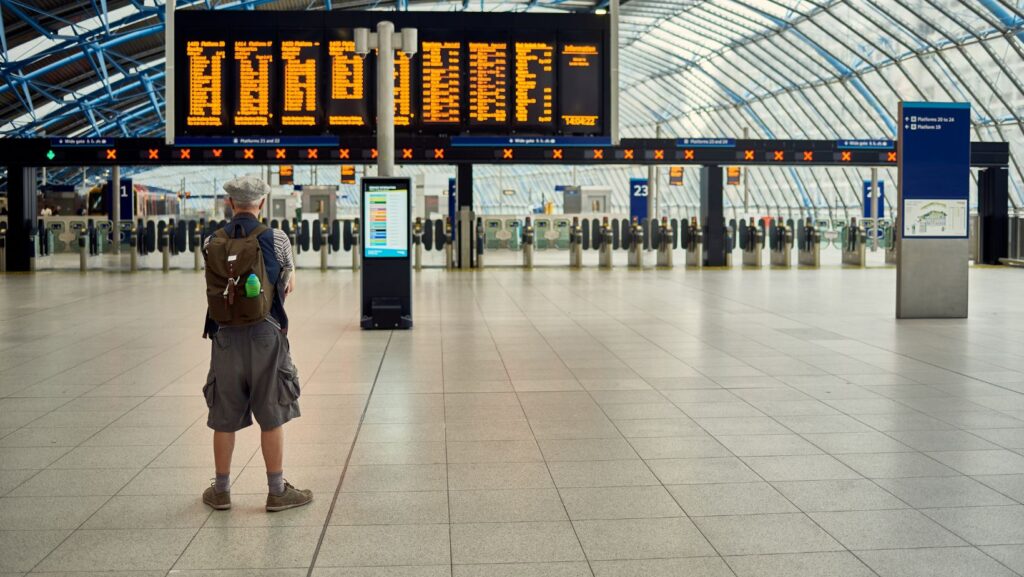Modern technology is actively transforming the tourism industry. After successful betting experiences BetAmo login, we invite you to learn how artificial intelligence (AI) is making travel more convenient and enjoyable.
AI helps turn trips into unique experiences by considering the preferences, needs, and interests of each traveler. Today, AI-powered apps can act as personal guides, offering routes, tips, and real-time information. Let’s look at how AI is changing the world of tourism.
Technology is changing how we travel, making it easier, more fun, and more personal. Artificial Intelligence (AI) is at the heart of this change. Just like a personal guide, AI apps help travelers plan trips, find cool places to visit, and stay up to date with real-time information. Let’s explore how AI is transforming tourism.
Personalized Routes and Recommendations
Imagine having a travel guide who knows exactly what you like. That’s what AI does! By looking at your past trips, interests, and preferences, AI can suggest personalized travel routes just for you. Want to avoid crowded tourist spots? AI’s got you covered.
Apps like Google Travel, TripAdvisor, and Airbnb use AI to recommend places to stay, eat, and explore. These suggestions aren’t random. AI looks at things like the weather, the season, and what other travelers have said about certain spots. This means you can discover hidden gems that most tourists miss.
Virtual Assistants and Chatbots
Sometimes, you just need a little help while planning your trip. AI chatbots and virtual assistants like Siri, Google Assistant, and Alexa are here to do just that. Available 24/7, they can answer your questions, book flights, call taxis, and suggest places to visit.
Travel websites also use AI chatbots to make trip planning even easier. When you visit a travel site, you’ll often see a chat window pop up. The chatbot can suggest flights, hotels, and activities based on your needs. And because these bots understand multiple languages, they’re perfect for international travelers.
Language Translation and Voice Recognition
Traveling to a country where you don’t speak the language? No problem. AI-powered translation apps like Google Translate let you understand menus, signs, and even have conversations with locals. You can point your phone’s camera at a street sign, and the app will instantly translate it.
Some apps also offer real-time voice translation, so you can talk to locals without worrying about language barriers. This is super helpful in countries where the language is uncommon or difficult to learn.
Smart Recommendations Based on Data
AI isn’t just about making plans—it’s also about making sure you get the best deals. Apps like Booking.com and Expedia use AI to suggest when you should book flights and hotels. The system looks at market trends, past demand, and current reviews to help you snag the best price.
If you’re wondering where to go next, AI can even suggest popular destinations by analyzing social media posts and traveler reviews. It’s like having access to a global travel trend report!
Alerts and Real-Time Updates
Travel plans can change in an instant. That’s why AI tools like Google Maps and Waze are so helpful. They send alerts if there’s traffic, accidents, or delays, and offer alternative routes.
AI also tracks weather patterns, so you’ll know if it’s going to rain on your beach day. Flight delays or cancellations? AI notifies you right away, giving you time to adjust your plans without stress.
Image Recognition and Augmented Reality (AR)
Ever see a beautiful building while traveling and wonder what it is? AI makes it easy to find out. Apps like Google Lens let you point your phone’s camera at a landmark, and you’ll instantly get details about it.
Augmented Reality (AR) adds a fun twist. With AR navigation in Google Maps, you can hold up your phone and see arrows on the screen pointing you in the right direction. It’s like having a virtual tour guide in your pocket.
Easy Booking and Check-Ins
Booking flights and hotels used to be a hassle. But now, with AI, it’s quick and simple. Some hotels even let you check in using facial recognition—no need to fumble with papers or passports. Airports are also using AI to speed up passport control and boarding pass checks.
At some hotels, you’ll even find AI-powered concierge robots. These robots welcome guests, suggest activities, and help with bookings. It’s like having a friendly assistant on-site 24/7.
Travel Safety and Risk Management
AI helps keep travelers safe by monitoring world events, such as protests, natural disasters, or disease outbreaks. If a situation arises, travel companies can update routes or cancel trips to protect customers.
For those with travel insurance, AI speeds up the claims process. If your flight is delayed or canceled, AI can process your claim quickly so you’re not left waiting for a refund.
Final Thoughts
AI is changing how we travel, making it more personalized, convenient, and safe. From custom routes to instant translations, it’s like having a personal guide in your pocket. As AI continues to improve, we’ll see even more exciting features that make every trip feel like a one-of-a-kind adventure.


